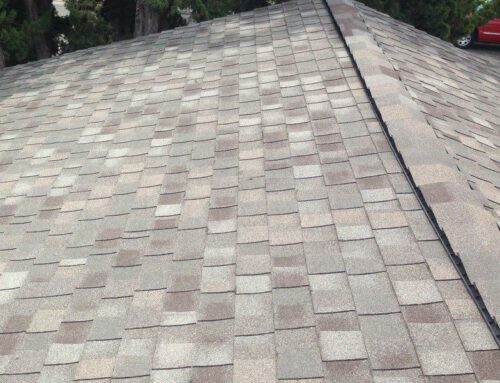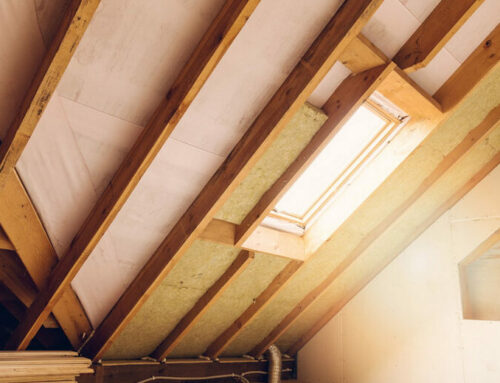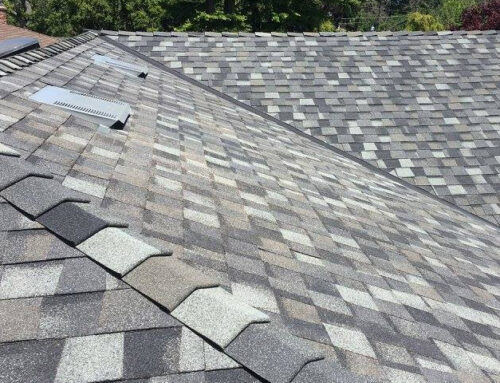There’s a good reason that 50% of homeowners plan to install solar panels in the future.
In California, putting solar panels on your roof can be a wise move. You’ll generate your own energy, which can make you independent of the grid or just substantially lower your utility bills. While useful, solar panels and expensive and certainly a long-term investment. As with other big investments in your home, it’s important to get top-quality equipment and installation. Choosing three contractors to get a bid from and comparing those bids closely is important to ensure you get your solar panels’ full value. Here are five tips for comparing solar bids in California.
1. Compare Apples-to-Apples
Before you start comparing the bids, it is important to make sure that your contractors have created bids for the same type of solar panel, the same number of solar panels, and the same accessories. It’s much harder to compare bids when contractors are using different equipment.
If you absolutely can’t get your solar contractors to bid with the same equipment, you can also estimate based on price per watt—more on that below.
2. Consider Price
While price isn’t everything, it is certainly an important factor to consider. You don’t want to choose a contractor that charges well over average prices, but you also don’t want one that is charging too little because it likely means that they are cutting corners. Typically, when you have three quotes and two are comparable, and a third is very high or low, you want to rule that third contractor out.
If your contractors are not using the same equipment, you can compare on the basis of price per watt. Total up what each system will produce in watts, or as the contractor to do that for you, and divide the total price by total watts.
Don’t be fooled by what the contractor lists as labor costs versus material costs, if any, make this distinction. Some contractors write up equipment to cover some of their labor costs and make their labor costs appear lower than their competition–even when it’s not. Examine total costs.
3. Look at Warranties
Manufacturers and installers may both offer warranties on labor and parts. Better warranties will cover more of your potential costs for a longer period of time. A manufacturer warranty is most important, as it typically covers more and the installer may help you claim it. However, great installer warranties can also give you a lot of peace of mind. All should offer a basic warranty to cover their labor if there is an installation mistake.
4. Financing Options
When you can’t buy your solar in cash upfront, the financing options that your contractor’s offer might matter to you. Compare the companies that they offer financing through, and pay special attention to the interest rates offered. Sometimes, buying more expensive panels with a lower interest rate may save you money overall.
5. Scheduling
When can your contractors get started, and how long will the project take? Sometimes contractors that aren’t available for many weeks won’t end up doing your project at all. Choose a contractor who works on your schedule, and don’t give them a deposit weeks in advance.







